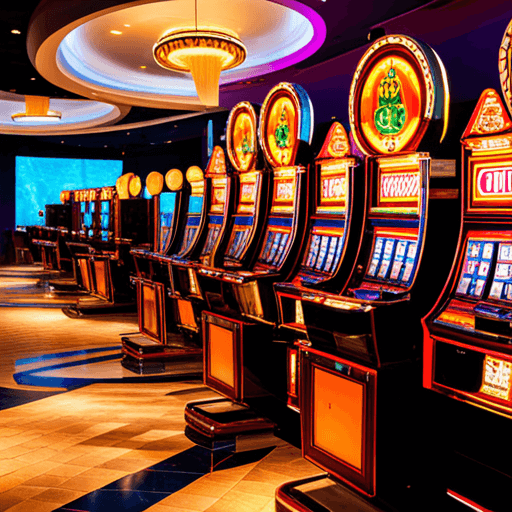
Casino games have been a well of amusement and excitement for numerous players around the world. One of the key factors that renders these games engaging is the diversity of cards employed in various kinds of games. Grasping the different kinds of cards can enhance your experience and improve your gameplay strategies. Whether you are attracted to traditional card games like Texas Hold’em and 21 or modern casino offerings, each game relies on a distinct set of cards that influences the regulations and the rhythm of play.
In casino settings, cards come in various styles, each designed to fit the needs of specific games. From standard decks to custom card types, the diversity plays a key role in shaping the mechanics of each game. By acquainting yourself with these cards and their applications, you can achieve deeper insights into the games and make better decisions at the table. This understanding not just enhances your gaming experience but also contributes to a higher-level approach to your chances of winning.
Types of Playing Cards
When discussing casino games, the kind of playing cards used can greatly impact the flow of the game and tactics. The most common deck is the standard 52-card deck, which consists of 4 suits: hearts. Each suit contains 13 ranks, from Ace to king. This standard deck is essential in many games, such as poker, where players aim to form the best hand possible or approach 21 as they can.
Some casino games use unique decks specifically designed for those games. nổ hũ For instance, the well-known game of baccarat often uses various decks combined, typically six or eight. This not only increases the difficulty of the game but also impacts betting strategies, as participants must consider the increased number of cards in play. Additionally, some games may introduce joker cards or wild cards, adding further diversity and excitement to the gambling experience.
In niche games, specialized decks may come into play. For example, in games like bridge or Pinochle, participants might use specific rules with varied card values or roles. These changes keep the gameplay fresh and allow for diverse strategies to emerge. Understanding the various types of playing cards and their specific uses in various casino games is key to enhancing one’s gambling experience and boosting overall performance at the tables.
Deck Modifications in Casino Games
In casino games, the kind of set of cards used can significantly affect both the play and the tactics employed by participants. Most traditional playing card games, such as blackjack and poker, typically utilize a standard 52-card deck. However, modifications do exist where additional jokers or even several packs are used. For instance, in blackjack, some gaming establishments may use one to eight packs, which can change the odds and the fundamental tactics required to play effectively. Participants must be cognizant of the set of cards composition, as it affects the house edge.
Another frequent variation in gambling card activities is the use of themed or custom decks. For example, some poker games might use a deck that features unique graphics or designs, which can enhance the atmosphere at the gaming table. These specialized decks often serve to differentiate between different game formats or loyalty programs within the casino. While the traditional guidelines of the game remain the same, the visual appeal can affect player engagement and satisfaction.
Lastly, the mixing techniques employed with various kinds of decks can also impact gameplay. Gaming establishments often utilize automatic mixing machines that can randomly shuffle several packs efficiently, making card counting more challenging. The frequency and method of mixing can differ widely based on the game and the gaming establishment’s policies. Comprehending these deck variations is crucial for any player looking to improve their game strategy and overall satisfaction in gaming activities.
Value of Cards Worth
In casino games, the significance of every playing card plays a key role in deciding the consequences of multiple games. Various games assign unique worths to playing cards, affecting strategies and gamer choices. For instance, in 21, cards numbered 2 through ten are rated at their face value, while court cards hold a worth of ten, and the Ace can be worth either one or eleven. Understanding these worths allows players to make informed choices during gameplay, improving their chances of winning.
In the same way, in the game of poker, the significance of playing card worths extends to hand and combination values. High-value playing cards can form stronger combinations, such as pairs, straight hands, or flush hands, which are crucial for winning in the game. Players must consider not only their own cards but also possible combinations their opponents might hold. This tactical depth adds interest and challenge, making card worths a central factor in the appeal of poker appeal.
Additionally, the cognitive aspect of card values cannot be overlooked. Players may use the knowledge of card values to deceive or trick their opponents. By grasping how a playing card’s worth can impact the game’s mechanics, players can more effectively handle risks and gains, creating a stimulating atmosphere in casino activities. Whether competing for fun or for real money, awareness of card values significantly influences the overall playing experience.